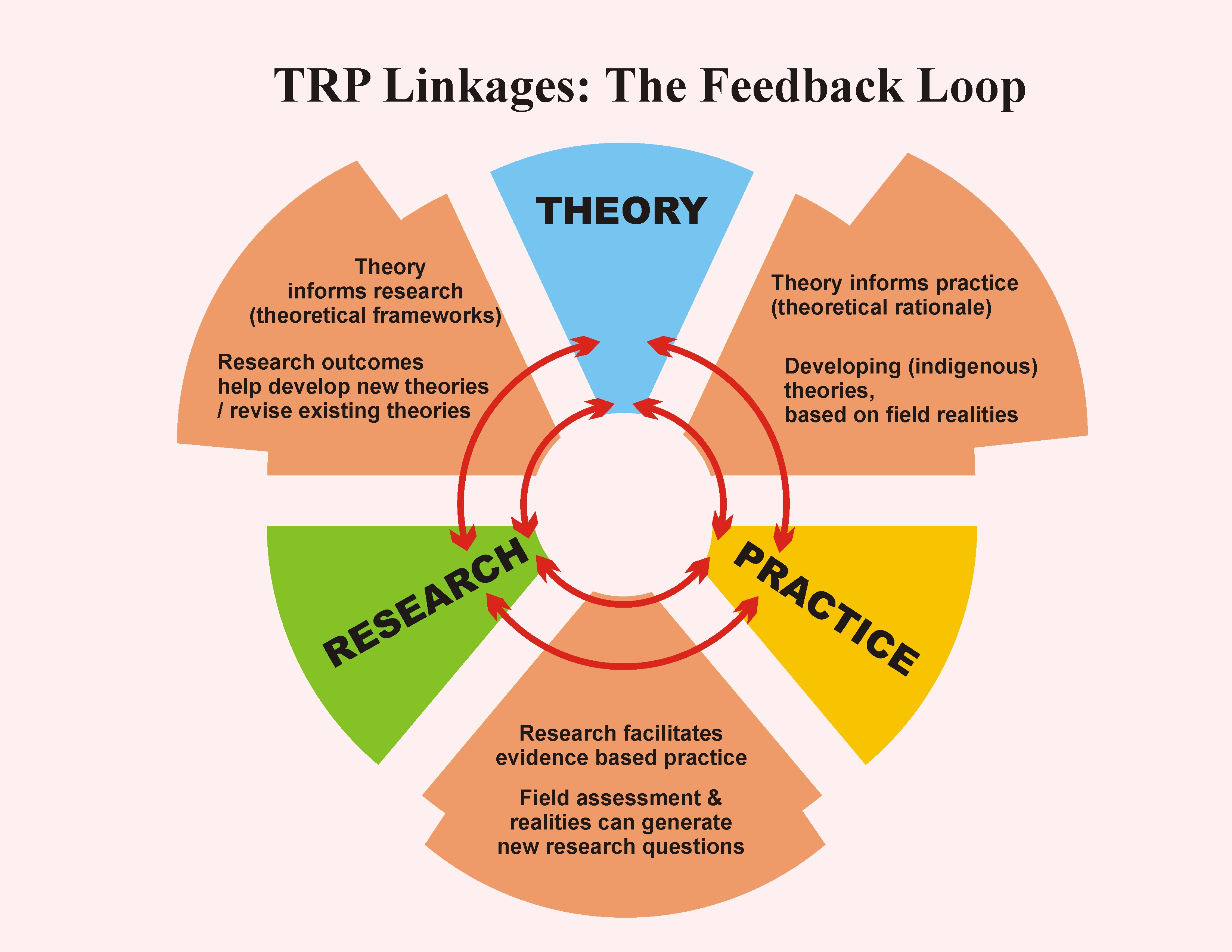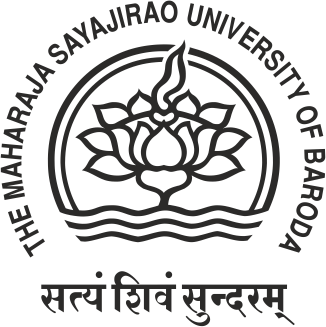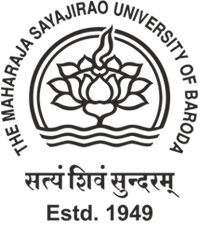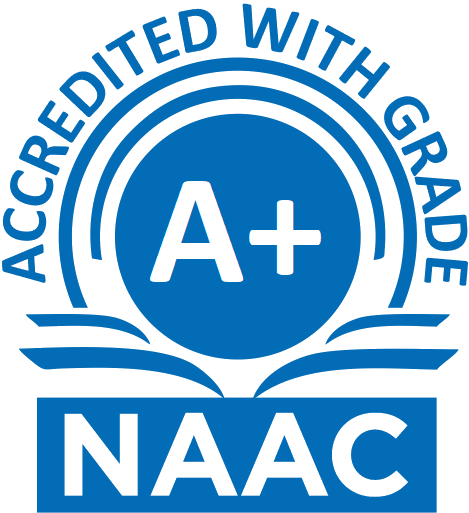The uniqueness of the department is characterized by a tradition that focuses on collective ethos, free sharing, and team work, scope for autonomy and innovations and critical inward reflection with a strong concern and commitment for striving towards maintaining high academic standards.
Through support from the University Grants Commission (UGC) as well as research funds from other national and international agencies, the department continues to strengthen its academic, research and community outreach programs.
Recognizing the potential of the department, the UGC has awarded the Special Assistance Program (SAP) in the following stages:
DSA Phase I: 1991-1996
DSA Phase II: 1997-2002
CAS Phase I: 2005-2009
CAS Phase II: 2010-2015
CAS Phase III: 2016-2021
The department program comprises a judicious balance of theoretical knowledge and field applications. Students engage in service learning through fieldwork in various settings which involves working with individuals across the life span – infants to older persons. In addition, through innovative outreach efforts, the department extends knowledge to policy makers, professionals, and social development organizations.
-
To carve a niche for the discipline in India through theory building, research and applications rooted in Indian social realities
-
To nurture indigenous perspectives and cross-cultural sensitivity for sustained research innovations and field-based interventions
-
To contribute at the interface of self and social development by creating HDFS professionals who can optimize human potential across the life span, in a variety of contexts.
-
To engender worldviews that promote integral and spiritual human wellbeing.
- To advocate a rights-based, inclusive, gender and culture sensitive curriculum covering the human life span in response to contemporary social challenges.
- To encourage a scholarly and progressive professional environment that appreciates and engages with a diversity of perspectives for research and application.
- To establish professional networks at regional, national and international levels for sustained exchange of ideas within and across the discipline.
- To establish sustainable linkages with industry, community and state bodies for enhancing the wellbeing of individuals and families.
- To enable students to advocate basic principles of human development and establish a variety of time tested and path breaking careers as HDFS professionals.
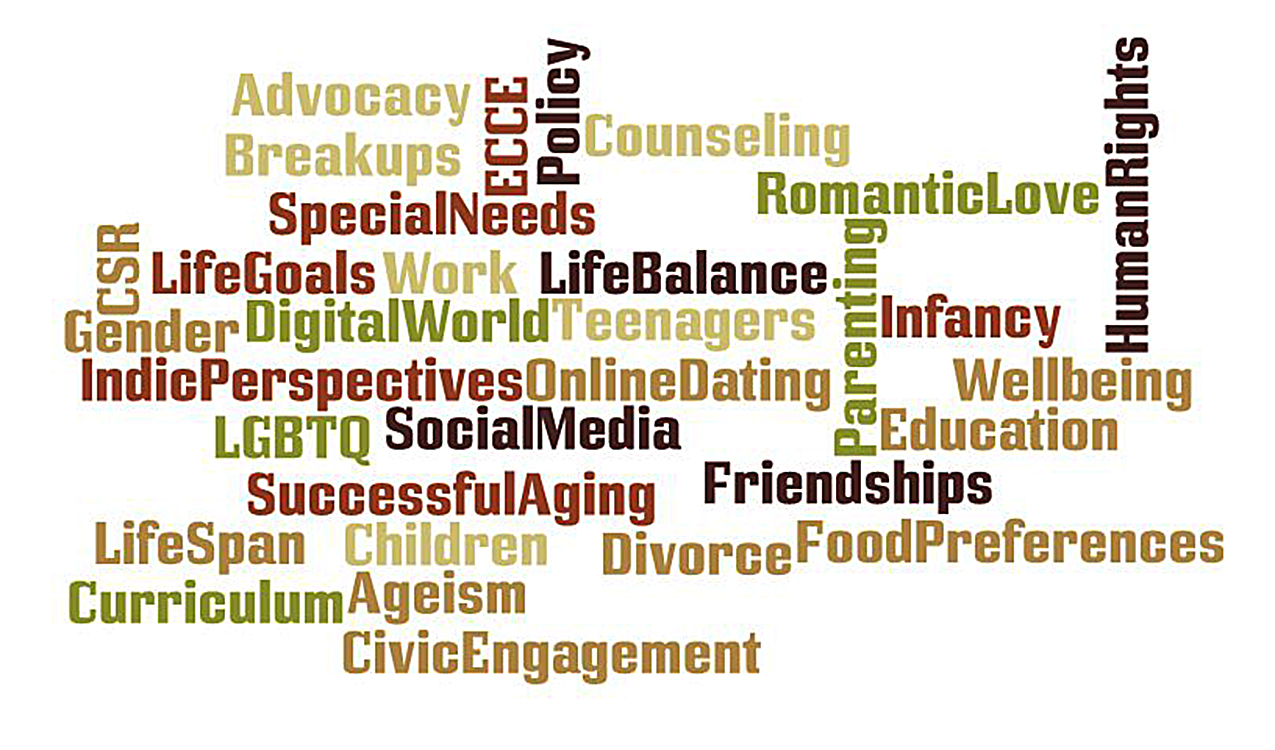
Why Specialise in Human Development and Family Studies?
Human Development and Family Studies (HDFS) prepares students to address pressing issues and problems in societies across the globe. Students of human development are prepared to improve the lives of children, adolescents, adults, and families through innovative research and outreach programs offered by the department.
Human Development and Family Studies program provides a broad study of the physical, mental, emotional, social and moral development of individuals and families. Specialising in Human Development and Family Studies (HDFS) enables students to work across life span and life course i.e. from infancy through old age, couples and family relationships, research methods, parent-child relations, family health and well-being, parent education and support, gender studies and cultural diversity in families. In addition to coursework, all students engage in internships and field placements or learning experience in a professional setting related to their career goals. These settings include early childhood education centres such as preschools, health care agencies, research labs, special education institutes, CSRs, NGOs and so on.
